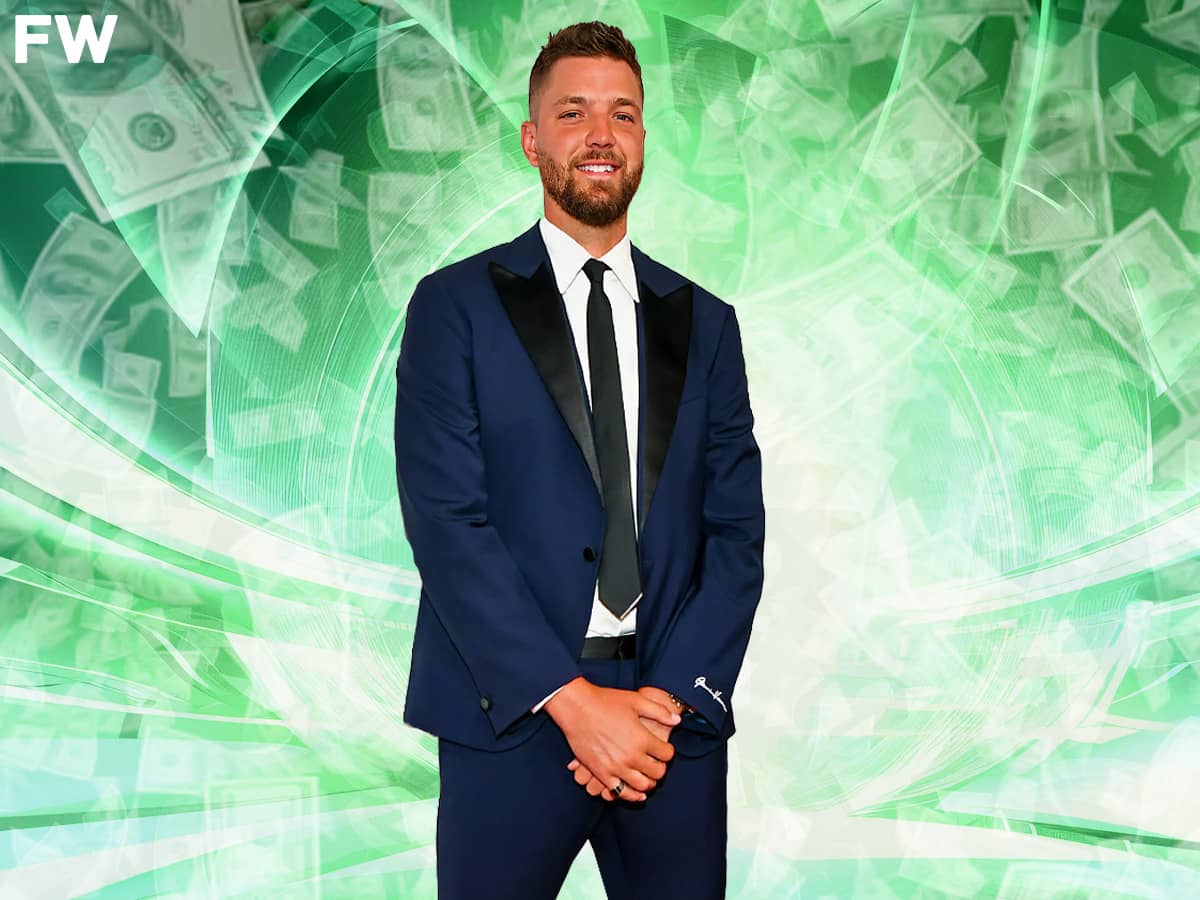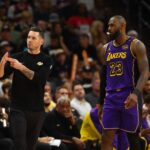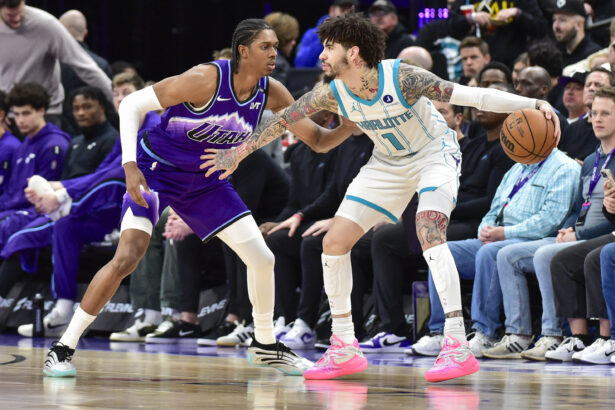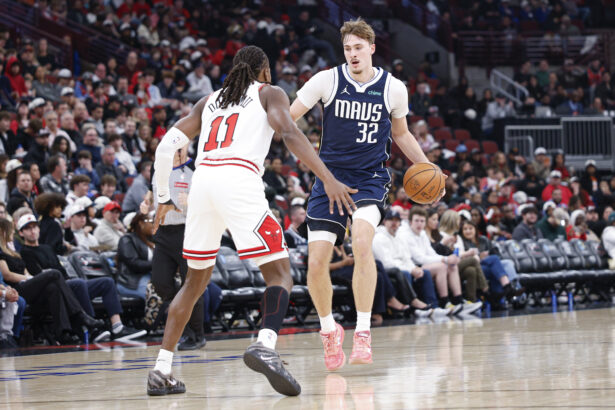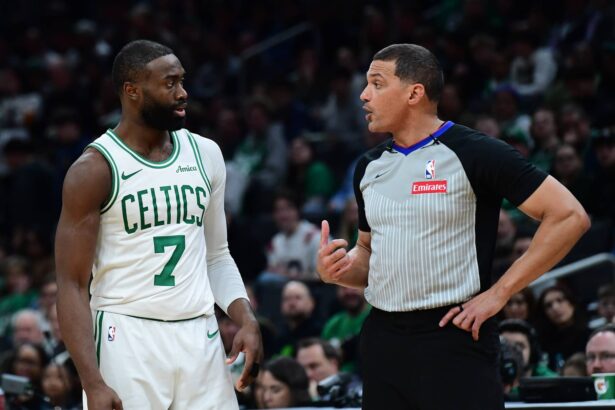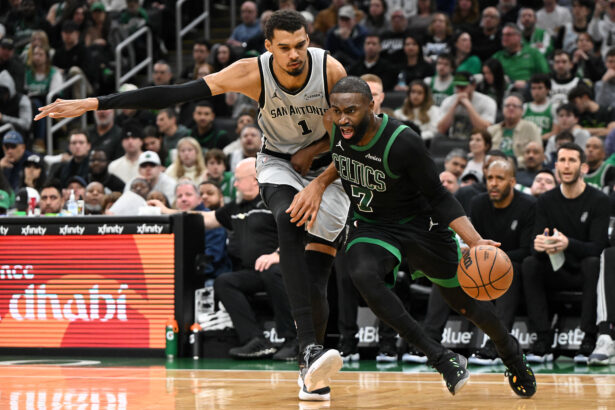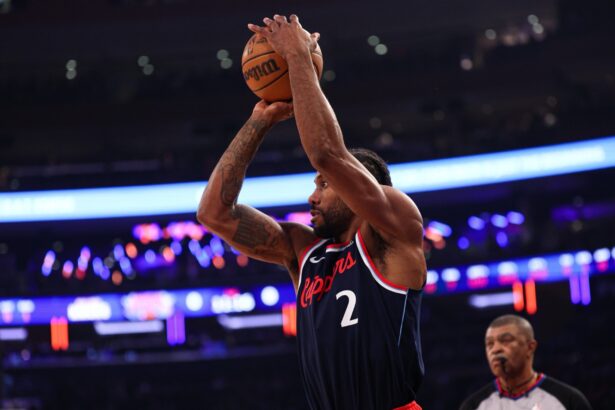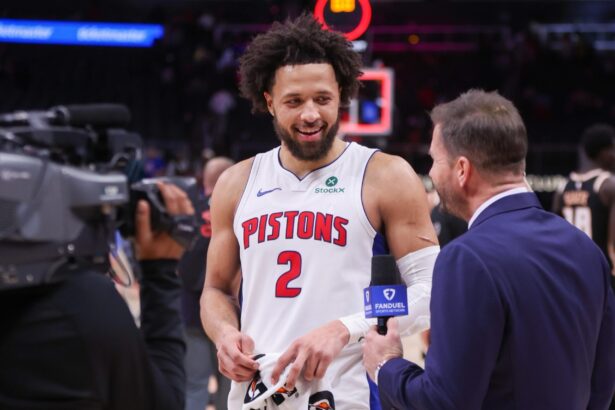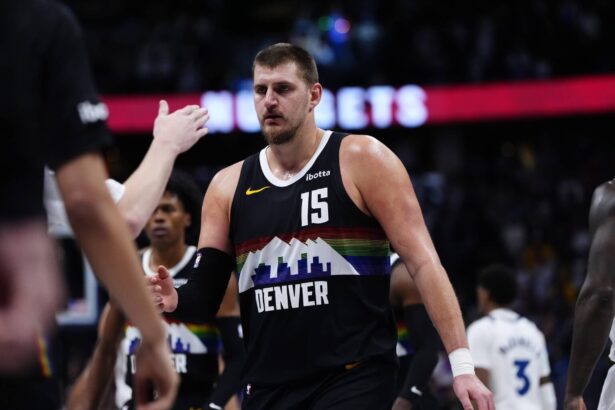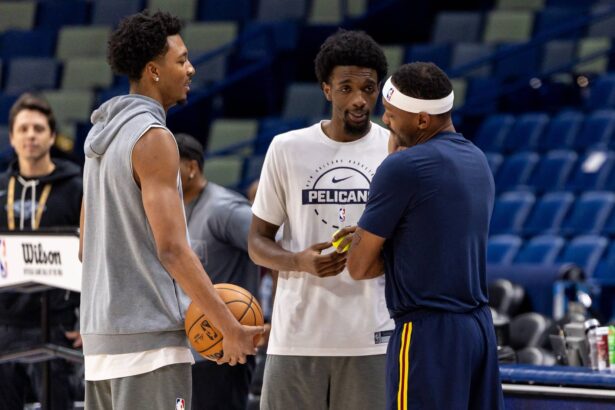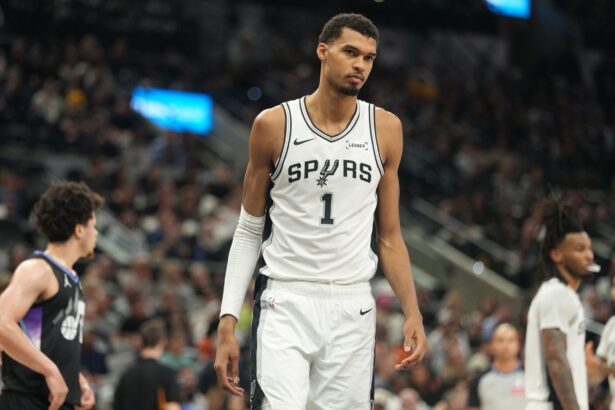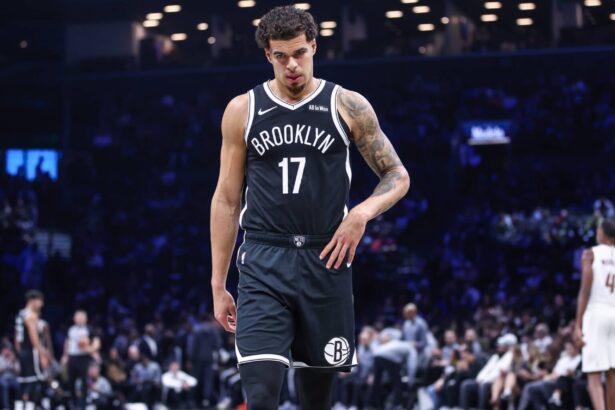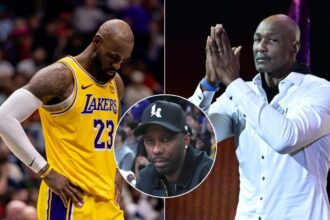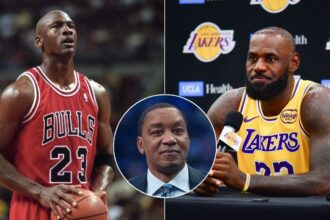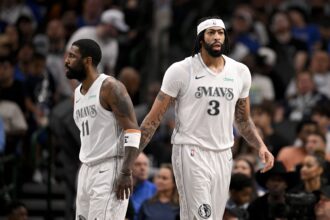Chandler Parsons recently sparked a lively debate on the Run It Back show when he addressed the age-old question of whether an NBA career should prioritize money or championships. Known for his lucrative contracts and solid yet unremarkable NBA career, Parsons candidly expressed his preference, stating he would take $100 million over a single championship ring any day.
“If I would rather have a hundred million dollars or one ring? That ring is cool for that year, then someone else wins another ring, and you’re just a member. That $100 million gets life forever.”
“Someone’s gonna take that Larry O’Brien trophy the following year No one’s coming and taking $100 million. People sell their rings all the time. If you have the money, you can still buy a ring.”
Would you take the money, or the rings?
Our crew debates whose career they would rather have from some of your favorite NBA legends! 👀
Let us know what you think! #NBA @TeamLou23 | @ChandlerParsons | @MichelleDBeadle pic.twitter.com/hpVQZ6Oob7
— Run It Back (@RunItBackFDTV) November 18, 2024
Parsons is no stranger to massive contracts. In 2016, he signed a four-year, $94 million deal with the Memphis Grizzlies, despite injury concerns that would later limit his effectiveness. Over his nine-season career, he played 440 games, earning $126.9 million in total salary.
While his career averages of 12.7 points, 4.5 rebounds, and 2.7 assists per game are respectable, Parsons never won a championship and appeared in the playoffs only three times. Yet, he has no regrets about his financial focus, maintaining that a championship ring, while prestigious, doesn’t provide the same lasting impact as financial security.
Parsons’ perspective aligns with that of former NBA star Gilbert Arenas, who has also been vocal about prioritizing wealth over titles. Last year, Arenas debated seven-time NBA champion Robert Horry, dismissing the value of rings in retirement. He emphasized that financial success allows players to pursue other ventures and secure their futures, whereas championship rings often sit unused as mere memorabilia.
Parsons echoed similar sentiments, pointing out that championship rings are not immune to commodification. While his stance may ruffle the feathers of purists who see championships as the pinnacle of achievement, Parsons’ argument sheds light on the harsh realities many athletes face after retirement, especially those without the financial cushion of high-value contracts.
This debate taps into broader discussions about what defines success in professional sports. For some players, like Robert Horry, legacy and rings hold immeasurable value. Horry’s seven championships are a testament to his role as a clutch performer on winning teams. However, for players like Parsons and Arenas, financial stability represents a more pragmatic approach to a career that can end abruptly due to injury or declining performance.
Parsons’ career underscores his point: despite his injuries and lack of a championship, he leveraged his talent into financial success that will secure his future. While he respects the allure of a championship, Parsons ultimately believes that the long-term benefits of financial independence outweigh the temporary glory of a title.
In an era where NBA contracts and sponsorship deals continue to soar, Parsons’ perspective resonates with many players who view financial security as the ultimate achievement in a sport where careers are often short-lived.
Thank you for being a valued reader of Fadeaway World. If you liked this article, please consider following us on Google News. We really appreciate your support.

